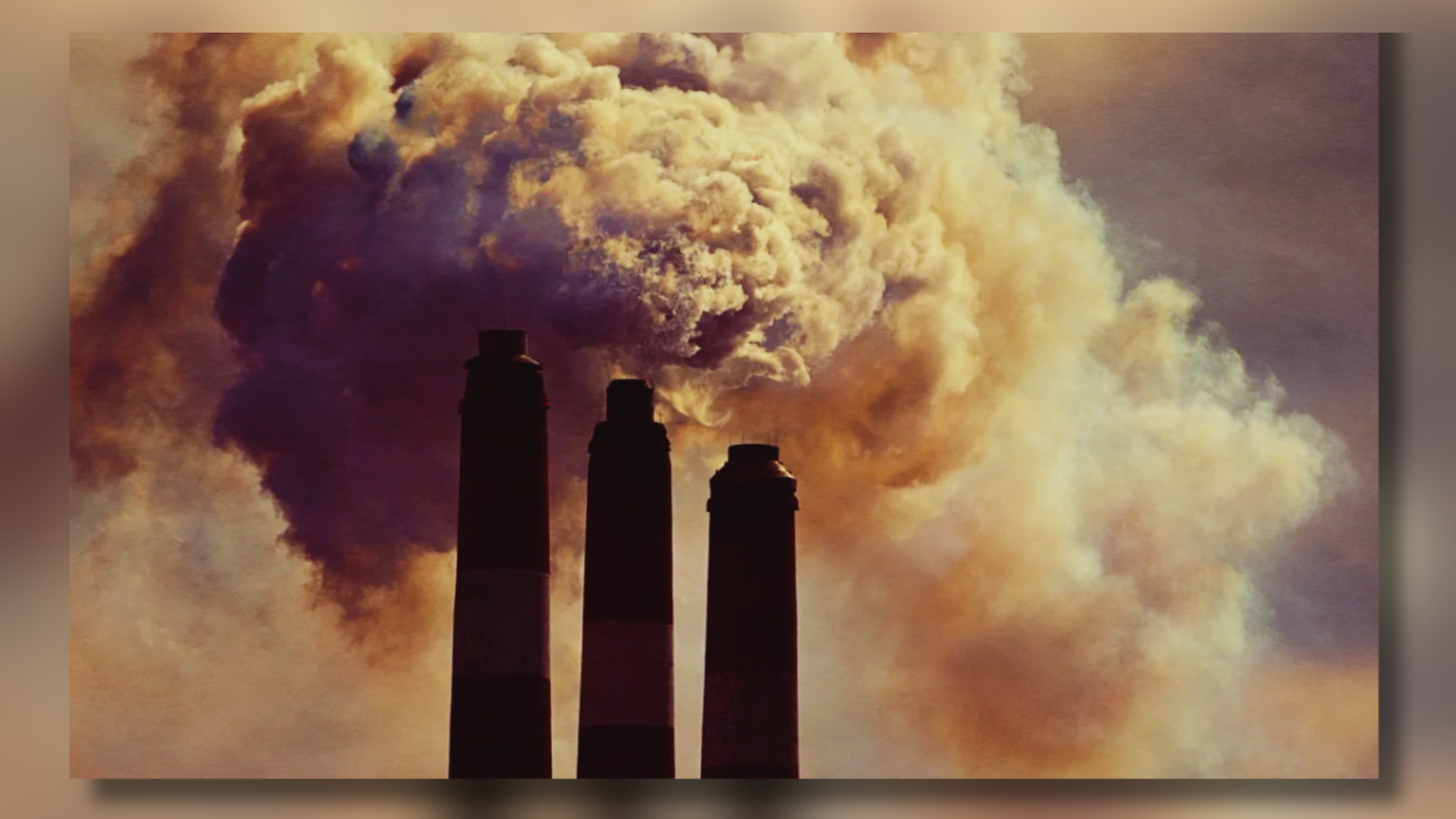There has been an unprecedented change in our climate since the last decade and it is adversely affecting the lifestyle of Human beings and other species all across the globe. There have been reports of changes in normal weather conditions which are now becoming more violent with storms on one side and draughts on the other raging across the globe.
In such an environment it becomes necessary for us to question the impact of climate change on our health and well-being as it is an enshrined Fundamental Right. With this view in sight, the Apex court has affirmed that individuals possess a “right to be free from adverse impacts of climate change,” a right upheld under Articles 14 and 21 of the Constitution.
The Story So Far
The ruling by a three-judge bench led by Chief Justice D Y Chandrachud was issued in a case concerning the preservation of the endangered great Indian bustard which is also enlisted as critically endangered by the IUCN (International Union for Conservation of Nature). The issue circled around the death of the Great Indian Bustards due to their collision with overhead voltage lines.
The issue poses a rather difficult challenge for the apex court as the preservation of species is now at loggerheads with the country’s goal to achieve net-zero emissions. In its 2021 ruling on the PIL, the Supreme Court issued several directives aimed at preserving the GIB. These directives included instructing the governments of Gujarat and Rajasthan to replace overhead electric cables with underground ones whenever possible and to install bird diverters in key areas inhabited by GIBs. The ruling caused much distress as its feasibility was put into question.
It was under this context that the court upheld its verdict on the protection of citizen’s rights under adverse climatic conditions.
Apex Court Takes Charge
The court’s acknowledgment of citizens’ rights under articles 14 and 21 due to the adverse impact of climate change underscores the grave danger that climate presents to human lives and well-being. While courts have historically championed climate justice and environmental protection, this landmark verdict by the apex court marks a significant step forward in this noble endeavor.
The court’s interpretation of Article 14, ensuring equality, and Article 21, safeguarding life, extends to granting citizens the right to climate justice. Recognizing the state’s duty to provide citizens with unhindered access to the benefits of a healthy environment, this verdict marks a significant step in advancing environmental rights.
Loss Of Working Hours
Due to rampant changes in our climate there has also been a steady rise in temperature on a year on year basis, and only recently the threshold limit for temperature increase set by the Paris Agreement, which stood at 1.5 degrees Celsius, has also been surpassed. This increase in temperature brings with it a new set of challenges.
In 2022, India experienced the loss of 191 billion potential labor hours due to heat exposure, marking a 54 percent increase from the period of 1991-2000. This resulted in a potential income loss of $219 billion in 2022, which is equivalent to 6.3 percent of the country’s GDP.
Other problems that occur due to heat exposure faced by laborers are associated with a range of health consequences, including premature mortality, workplace accidents, heat-related illnesses, and acute kidney injury.
Additionally, it is considered a potential contributing factor to a rising incidence of chronic kidney disease in regions like Central America, Sri Lanka, India, Egypt, and beyond. This exposure can also increase the absorption of certain chemicals and has links to negative pregnancy outcomes and mental health conditions, as noted in the paper.
Right To A Dignified Life
The court has previously determined that the right to life encompasses not only the right to survival but also the right to a dignified life. This includes rights to shelter, livelihood, education, healthcare, and clean air.
The recent judgment has further strengthened this perspective. The court’s interpretation of rights should encourage the government to implement policies and initiatives that translate these rights into tangible benefits for citizens. This ruling can also catalyze Parliament to pass legislation aimed at promoting climate-friendly practices and protecting environmental rights.
“The importance of the environment, as indicated by these provisions, becomes a right in other parts of the Constitution. Article 21 recognises the right to life and personal liberty, while Article 14 indicates that all persons shall have equality before the law and equal protection of the law. These Articles are important sources of the right to a clean environment and the right against the adverse effects of climate change,” the order stated.
“Despite governmental policy and rules and regulations recognising the adverse effects of climate change, and seeking to combat it, there is no single or umbrella legislation in India which relates to climate change and the attendant concerns,” the court noted. “However, this does not mean that the people of India do not have a right against the adverse effects of climate change,” it added.
What Lies Ahead
The Supreme Court’s decision is a step in the right direction, it will instill a sense of environmental activism in people and also encourage them to take necessary steps to protect the environment as well as their well-being.
There needs to be proper policy intervention to achieve India’s goal of net-zero emissions and its shift towards renewable green energy.
India has already taken many steps in order to achieve its goals and at the 26th session of the Conference of the Parties (COP26) to the United Nations Framework Convention on Climate Change (UNFCCC) in Glasgow, United Kingdom, India articulated its commitment to five key elements, referred to as the “Panchamrit” of India’s climate action. It consists of the following –
- Attain a non-fossil energy capacity of 500GW by 2030.
- Source 50 percent of its energy needs from renewable sources by 2030.
- Reduce total projected carbon emissions by one billion tonnes by 2030.
- Decrease the carbon intensity of the economy by 45 percent by 2030 compared to 2005 levels.
- Achieve the target of net zero emissions by 2070.
These are very ambitious goals and exhibit India’s commitment towards reversing the climate change, what lies at the heart of it is cooperation between all partners at stake and implementation of proper policy measures. We as an individual also need to take steps to promote environmental activism to see the real change in effect.

























